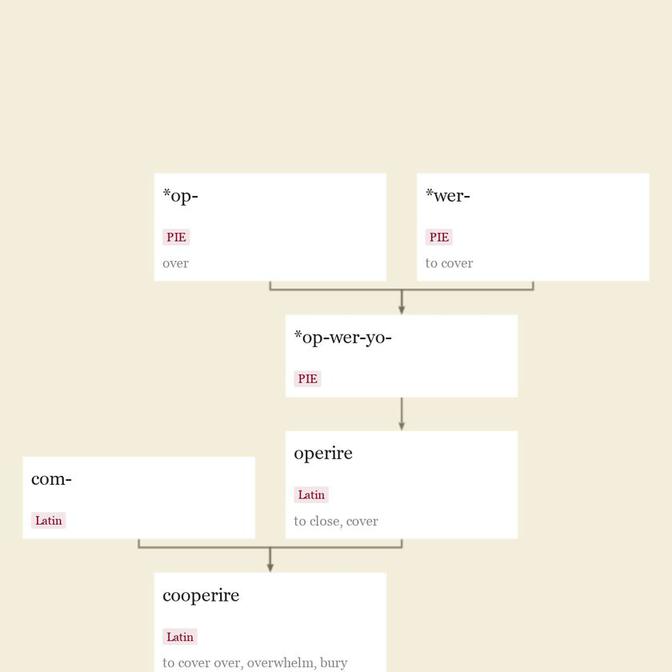coverall n.
also cover-all, coveralls, "
Entries linking to coverall

mid-12c., "
Sense of "
Meaning "
Old English eall "
Combinations with all meaning "
Of the common modern phrases with it, at all "
The use of a, a' as an abbreviation of all (as in Burns' "
updated on April 27, 2018